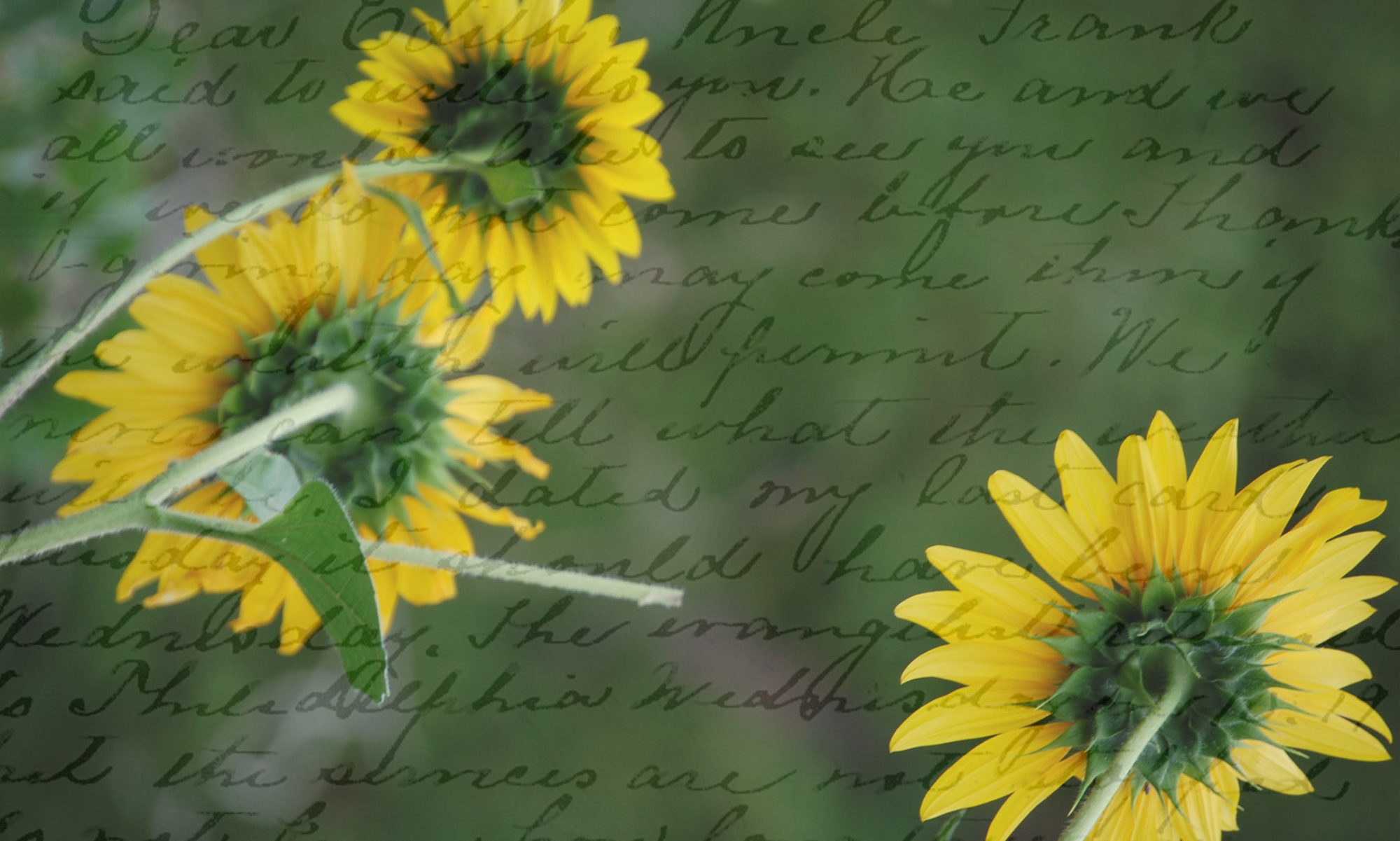
John’s been hard at work this spring getting hive boxes and frames ready for new bees, the first of which were introduced to their snug home on Friday. As you’re probably aware if you’re reading this blog, bees are struggling. We lost most of our hive last summer to a bear in early June—much earlier than bears normally roam—and the remaining bees died during a very cold snap in February because they couldn’t generate enough heat to protect themselves and the brood they had recently laid. Between chemical pollution, habitat loss, invasive pests, and a changing and unpredictable climate, it’s tough to be a bee, and tough, too, to be a beekeeper. So far, our new hive is off to a great start and will be joined by others soon.

I’ve written about Earth Day before, including in this video excerpt from A Bushel’s Worth, so for this blog I’m sharing tips below for writing about your own Earth Day experiences. But for now, get out and enjoy this beautiful 49th Earth Day!

To write about your Earth Day experience, start by recalling details through consulting a photograph, journal entry, newspaper account, or website, if you have them. If not, memory will do.
Record the facts: jot down when and where the experience took place, who organized it, and who took part, as in this example from “The First Earth Day . . . and Still Counting” in my book, A Bushel’s Worth: An Ecobiography: “On April 22, 1970, the first Earth Day, I was a student in Mr. Osborn’s fifth grade class at Sherwood Elementary. . . . [We] decided to join the first Earth Day celebration by turning the hard dirt outside our classroom into a beautiful garden of grass and flowers.”
Next, fill in the setting with a little more context about the event’s origins or goals. Tell us why you or other organizers decided to celebrate Earth Day in that particular way: “Between the Vietnam War and the dawning awareness of environmental degradation in the late 1960s, sometimes the world seemed a pretty dark place. But in Mr. Osborn’s fifth grade class, we students felt the hopefulness of a world blooming with new and exciting possibilities. . . . All it would take, we thought, were some shovels and a few seeds.”
Now add what happened by recounting the actions taken. Whether the celebration was an organized public event or a private, informal occurrence, what exactly did participants do? Take us there, including dialogue, if relevant. In my story, for example, I write about showing up to school with tools (the girls even got to wear pants, normally not allowed in 1970’s Greeley, Colorado!): “With rakes and hoes in our young hands, we scratched tiny furrows in the soil to plant our hopeful seeds. A little water, a little weeding, and we would have our first Earth Day garden.”
Following the story of your own event, consider what your Earth day celebration meant to you. What did you learn about the environment and the ecological challenges facing the planet? Moving from the close-up scene of your own event to a wide-angle view of the world in which your event took place, consider issues or problems that provided a background to your Earth Day. Even within a global perspective, individual campaigns like banning plastic straws or limiting meat consumption target localized actions. Write about how your actions and attitudes fit in the larger Earth Day mission.
If you have participated in more than one Earth Day event, compare and contrast them. This year is the 49th Earth Day! How has it changed over nearly half a century? What themes or projects have garnered public awareness? For example, at the first Earth Day, water and air pollution and endangered species took center stage, while today, human actions leading to a changing climate are seen as a much bigger threat to the earth than anyone could have imagined in 1970. Another shift can be traced from an emphasis on preservation to adaptation? How have you seen Earth Day change? And how have you changed your awareness and advocacy over the years, too?
Finally, reflect on Earth Day itself. Given the immensity of the problems facing the planet, should anyone bother to celebrate Earth Day anymore? Should its goals be educational, scientific, political, and/or adversarial? Does commemorating Earth Day just once a year change policies and attitudes toward the environment and our role in it? Or is it a feel-good event that allows us to look away from the planet on the other 364 days of the year?
Whatever your story, think about how you might share it as personal memoir, testimony, or political opinion. Whether you write for yourself or for others, your Earth Day story is part of a planetary record of living here on earth.

